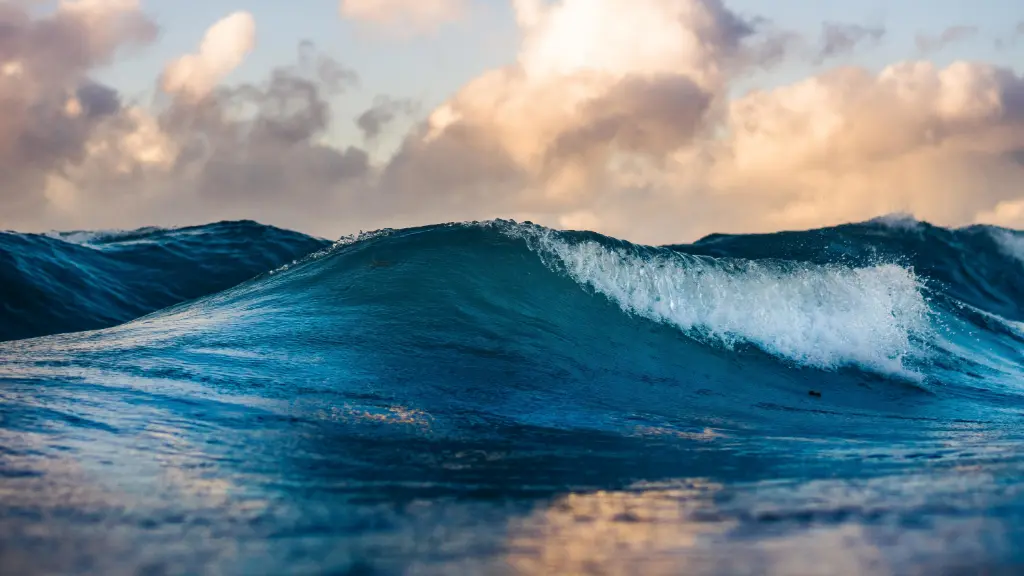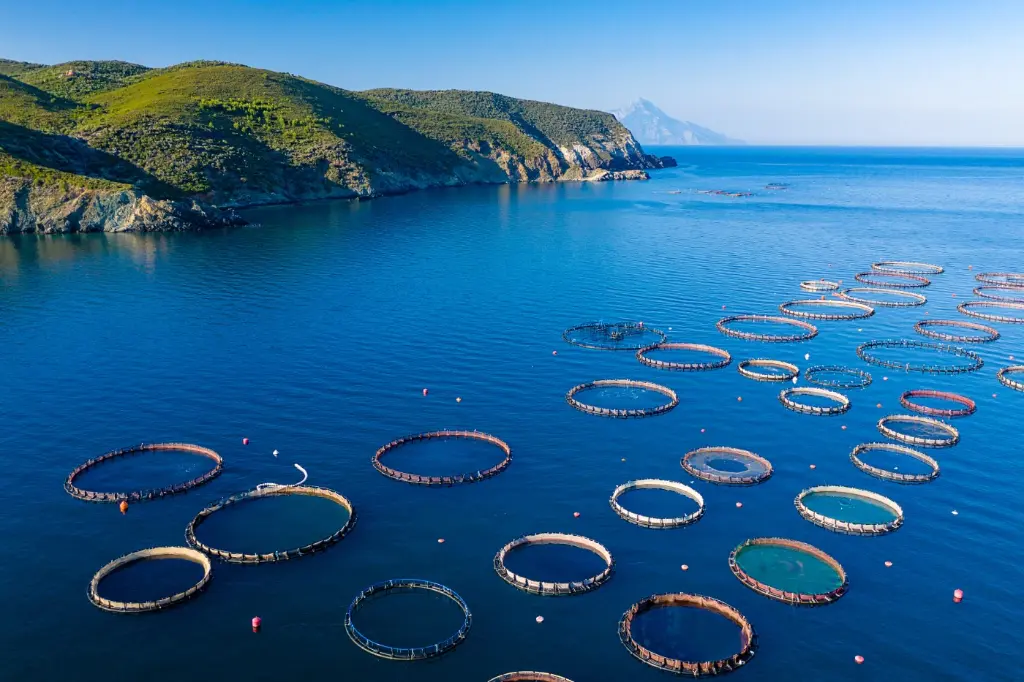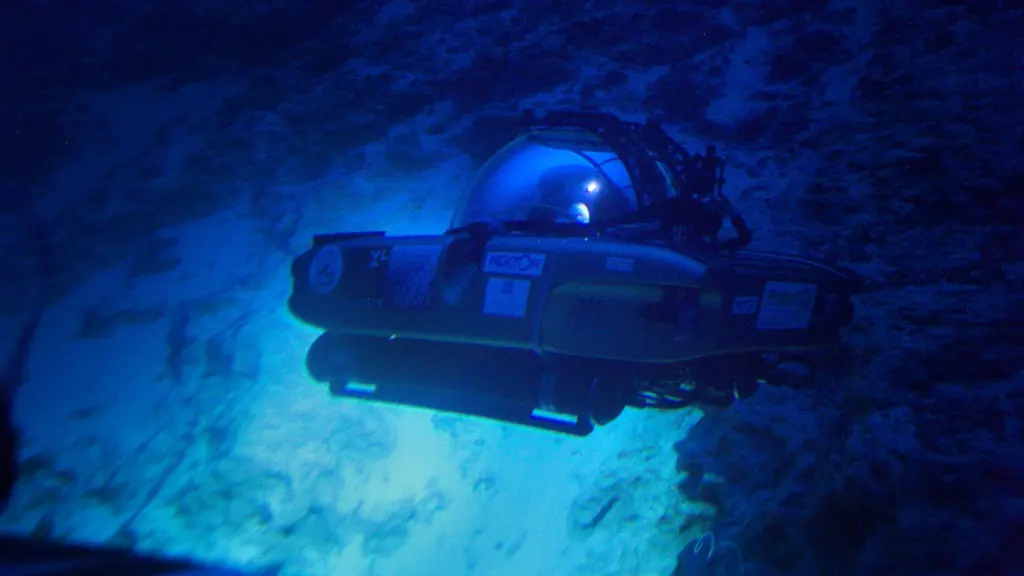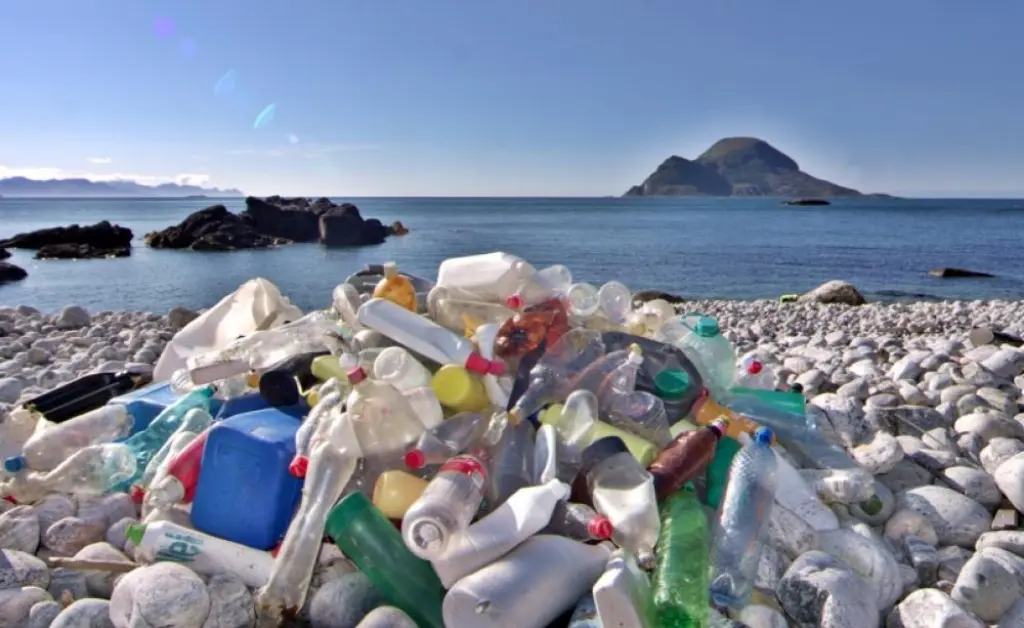Ever wondered what secrets lie beneath the ocean’s surface? Marine biology is the scientific study of marine life, organisms in the sea. Given that the oceans cover over 70% of our planet, understanding them is crucial for understanding the Earth as a whole! From the smallest plankton to the largest whales, marine biologists explore the biodiversity, ecology, and conservation of this vital ecosystem.
What is Marine Biology?
Marine biology encompasses a wide range of disciplines, including:
- Oceanography: Studying the physical and chemical properties of the ocean.
- Marine Ecology: Examining the relationships between marine organisms and their environment.
- Marine Conservation: Focusing on protecting marine life and ecosystems.
- Marine Microbiology: Investigating the role of microorganisms in the marine environment.
- Marine Zoology and Botany: Studying the anatomy, physiology, and behavior of marine animals and plants.
Why is Marine Biology Important?
Studying marine biology isn’t just about uncovering the mysteries of the deep; it’s also about:
- Understanding our Planet: The ocean plays a crucial role in climate regulation, oxygen production, and nutrient cycling.
- Protecting Biodiversity: Marine ecosystems are home to an incredible array of species, many of which are still undiscovered.
- Sustainable Resource Management: Understanding marine ecosystems allows us to manage fisheries, aquaculture, and other marine resources sustainably.
- Addressing Climate Change: The ocean absorbs a significant amount of carbon dioxide, making it a key player in mitigating climate change. However, this absorption also leads to ocean acidification, threatening marine life.
Key Features of Marine Biology Study
Here’s a table highlighting some of the core features of marine biology studies:
| Feature | Description | Importance |
|---|---|---|
| Field Work | Involves spending time in the ocean or coastal environments, collecting data, observing marine life, and conducting experiments. | Provides firsthand experience and allows for direct observation of marine ecosystems in their natural state. |
| Laboratory Analysis | Analyzing samples collected in the field, conducting experiments, and using advanced equipment to study marine organisms at a cellular and molecular level. | Provides detailed insights into the physiology, genetics, and behavior of marine organisms. |
| Data Analysis | Using statistical methods and computer modeling to analyze large datasets and identify patterns and trends in marine ecosystems. | Allows for a better understanding of complex ecological processes and helps inform conservation efforts. |
| Conservation & Sustainability | Focusing on protecting marine biodiversity, managing marine resources sustainably, and addressing threats to marine ecosystems. | Ensures the long-term health and resilience of our oceans and the species that depend on them. |
| Research & Innovation | Conducting cutting-edge research to advance our understanding of the marine environment and develop new technologies for marine exploration and conservation. | Leads to new discoveries and solutions for the challenges facing our oceans. |
Careers in Marine Biology
A degree in marine biology can open doors to a variety of exciting career paths, including:
- Marine Biologist: Conducting research, studying marine life, and developing conservation strategies.
- Marine Conservationist: Working to protect marine ecosystems and manage marine resources sustainably.
- Oceanographer: Studying the physical and chemical properties of the ocean.
- Aquarist: Caring for marine animals in aquariums and zoos.
- Fisheries Biologist: Managing fish populations and ensuring sustainable fisheries.
- Environmental Consultant: Assessing the environmental impact of human activities on marine ecosystems.
Ready to explore the wonders of the ocean? Marine biology offers a rewarding and challenging career path for those passionate about protecting our planet and understanding the secrets of the deep!




